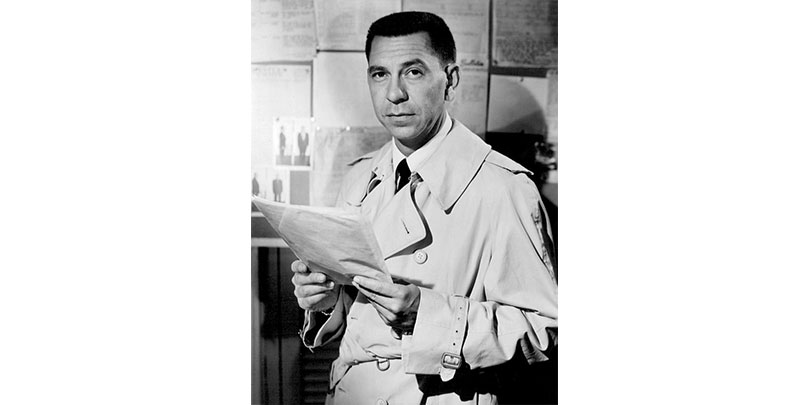
As this blog has frequently discussed, many limitations and exclusions in liability policies address “moral hazard” situations by declining to provide insurance for bad behavior. One such exclusion is the “personal profit exclusion” contained in most D&O policies, which bars coverage for claims where an insured gains a profit or other advantage to which it is not legally entitled.
This exclusion was recently addressed by a Massachusetts appellate court in Winbrook Commc’n Servs., Inc. v. United States Liab. Ins. Co., 89 Mass. App. Ct. 550, 558, 52 N.E.3d 195, 202 (2016).
In Winbrook, the plaintiff (Winbrook Communication Services, Inc.) had entered into an arrangement with the insureds, DeSales Group, LLC and its officer William York (collectively, “DSG”), for Winbrook to develop a children’s book series and promotional items for DSG. Winbrook undertook work on the project, but never provided any goods or products to DSG (the goods were warehoused and DSG had no access to them), and never received payment.
Winbrook eventually sued DSG, alleging that DSG had negligently misrepresented its financial condition and induced Winbrook to continue working on the project based on promises that it would eventually pay for those services. Although the underlying complaint was based solely on negligence and did not mention any contractual agreement or allege breach of contract, DSG’s liability insurer, United States Liability Insurance Company, denied coverage for the suit based on the contractual liability exclusion contained in the D&O policy at issue. In addition, the insurer cited the personal profit exclusion as a basis for its denial.
Following the entry of a default judgment against DSG, Winbrook sued the insurer for a declaration that the insurer was obligated to pay the $597,633.25 judgment. In a series of orders, the superior court held that (1) the contractual liability exclusion did not apply; and (2) the insurer was not permitted to seek discovery (this ruling was based on Winbrook’s argument that the insurer’s discovery requests were based solely on an attempt to demonstrate the applicability of the contractual liability exclusion). Following the insurer’s motion for summary judgment based on the personal profit exclusion, a different superior court judge held the personal profit exclusion barred coverage.
The personal profit exclusion at issue stated:
“[USLIC] shall not be liable to make payment for Loss in connection with any Claim made against any Insured arising out of, directly or indirectly resulting from or in consequence of, or in any way involving: …
“C. any of the Insureds gaining in fact any profit, benefit, remuneration or advantage to which such Insured was not legally entitled.”
The superior court found that Winbrook’s work on the project without payment “in fact” constituted an “advantage or opportunity” in the form of an extension of credit, and thus the exclusion applied. The insured appealed.
Just the facts, ma’am
The appellate court reversed. Key to the appellate court’s ruling was the fact that there was no evidence in the record regarding whether DSG actually received a gain from Winbrook’s work. Although the appellate court held that an “advantage” in the form of “the extension of trade credit and production of goods” could potentially fit the exclusion by, for instance, allowing a business to attract capital or customers, there was no indication of that actually occurring here.
The appellate court distinguished this situation from prior cases where the record showed gains “in fact” in the form of the transfer of funds, or other actual personal gain. In this case, by contrast, as the court stated:
“The actual or anticipated delivery of those services may have produced investment, advantage, or opportunity, but it was for USLIC to produce some evidence of that advantage or opportunity if it sought summary judgment. USLIC points to the affidavits of Winbrook’s principals, and the principals of the other plaintiff companies as to services rendered without compensation, but Winbrook’s losses are not necessarily dispositive of DSG’s gain or advantage.”
The appellate court also held that the record was insufficient to grant Winbrook’s cross-motion for summary judgment on the personal profit exclusion. The court’s discussion of this issue includes reference to evidence in the record of the goods and services Winbrook provided, including:
- Several months of employment as “VP of Product Development.”
- Goods produced for trade shows on DSG’s behalf.
- Copies of artist’s drawings of prototype characters, illustrations, and sample pages of written materials, such as a child’s newspaper.
Although not specifically addressed, it appears that the court found such evidence insufficient to show an advantage in fact because the record was devoid of evidence that any benefit from these goods and services actually inured to DSG.
This opinion indicates that, at least where the “profit, benefit, remuneration or advantage” at issue in a personal profits situation involves the provision of goods and services, courts may look at whether the insured actually received a benefit from those goods and services. In addition, because there was apparently no contract in place obligating DSG to pay for these goods and services (rather, it appears that Winbrook simply sent DSG invoices), the court was not presented with a situation where the insured had in fact gained the advantage of retaining money owed to someone else.
:
Image source: By NBC Television, via Wikimedia Commons
